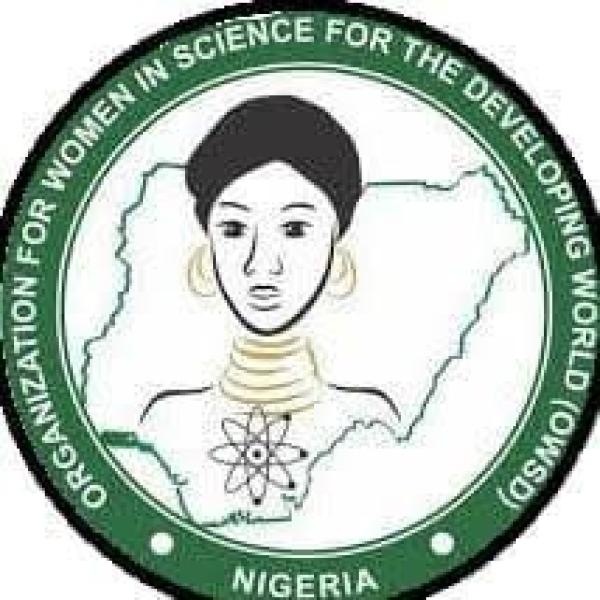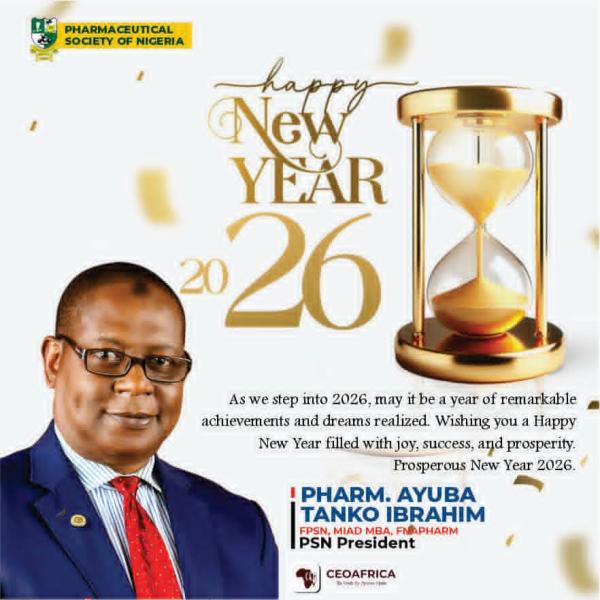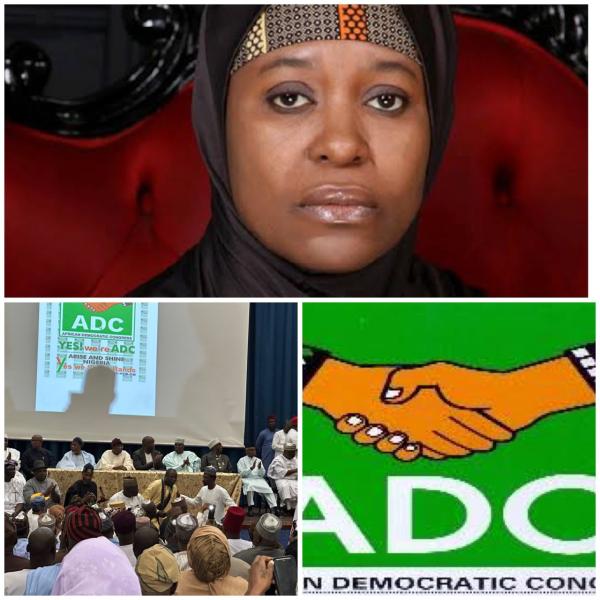
The visit on April 17 of a former National Chairman of the ruling Peoples Democratic Party, Prince Vincent Ogbulafor, to the national secretariat of the All Progressives Congress was expectedly well reported by the media. Not less for its symbolism, the visit of the Prince, who is also a “Prophet”, came to many as a surprise just a few days after his party was soundly beaten by the APC in an historic presidential election.
More than casual observers of the Nigerian political space would easily recollect that it was this same Ogbulafor, apparently savouring the spirit of the moment, who told a bemused nation that his party would rule the country for 60 years before it can be upstaged from power. It was a Sunday evening at the Lagoon Restaurant, Victoria Island, during the government of the late Umaru Yar’Adua, when Ogbulafor led his party members to a dinner with some journalists. This reporter wrote the story for Daily Independent.
Ogbulafor never minced words when he said the PDP was the biggest party in Africa and would rule Nigeria for 60 years. Even though the audience was not elated with what he said, members of the party gave the remarks a standing ovation. Most of us at the event saw it as not only uncharitable, but that the ruling party was hell-bent in ensuring that the country remained a one-party state. We were indeed, further disturbed that there was nothing on the ground to show that Ogbulafor’s “prophesy” would not come to pass.
So, rather than being annoyed with what the chairman said, we were afraid that the nation’s democratic space would be dominated by one party, the PDP, for a very long time. That was why the visit of Ogbulafor to Chief John Odigie-Oyegun received much space in the media. It was implicit that Nigerians heaved a sigh of relief that his “prophesy” did not come to pass. The Prince even gave an indication of not foreclosing the possibility of joining the APC in the near future.
That is the reality of Nigerian politics. In what would be a case study to political scientists for a long time to come, the opposition party for the first time in our not too enviable political history defeated the ruling party, in an election that attracted a global attention. Working under the mantra of change, the APC picked a former head of state, Muhammadu Buhari, a man who is known for his strong stance against corruption, to enter the ring with incumbent President Goodluck Jonathan.
It was clear that most Nigerians were tired of the ruling party and their President who, to many of them, has failed in the past four years; it was evident that voters wanted a change from the status quo to a new beginning; it was clear that they were fed up with Jonathan, who they massively voted for in 2011. Of course, the ruling party was over confident of its victory that defeat was never envisaged.
The treasury was emptied and the instrumentalities of state were effectively used to curtail the opposition. It was also very evident that the PDP underrated the capacity of Nigerians to consummate the necessary change. The outcome was indeed in consonance with the immortal words of Victor Hugo that, “not even all the armies in the world can stop an idea whose time has come”.
Predictably too, since President Jonathan conceded defeat, some PDP members have been defecting to the APC in droves, forcing observers to question their commitment to the democratic project. What was expected at this time after losing the election was for the PDP leadership to brace themselves to the reality of providing an effective opposition. The party should redefine its focus from being a ruling party to providing alternatives to the government in power.
What I was expecting to hear from the party’s National Chairman, Alhaji Adamu Mu’azu, after the loss was for him to announce his resignation and put in place machineries to pave the way for a new party leadership that would chart the way forward in a post-Jonathan era. It cannot be done by the Mu’azu-led executive. No way! The PDP would have to come to the realisation that it’s no longer a dominant body in the political space; it would have to re-organise itself and be more pragmatic to be able to win future elections.
It is therefore in the best interest of the country and democracy for the PDP to come out stronger after this process of electioneering. And thank goodness that some of its leaders like the Senate President, David Mark, Governor Babangida Aliyu, Senator Ike Ekweremadu, amongst others have vowed to remain in the party and save it from going under. More importantly, the arrowhead of this rejuvenation may as well be President Jonathan, who got his grooves back with the way he conceded defeat. The party can come together, put its house in order and act as checks on the likely excesses of the new party in power.
For a country that is increasingly becoming a two-party state, an effective opposition party is what would guarantee that the citizens are not shortchanged; an effective opposition is what would put the government in power on its toes; an effective opposition would serve as a reminder that the people’s wishes and aspirations cannot be taken for granted; yet, an effective opposition would always come up with alternatives to government policies and programmes.
Even so, history has shown that it’s not always easy for a ruling party, in this case, one that has been in power for 16 years, to transform into a virile opposition party. It’s much difficult for a party without ideology, what brought them together was the spoils of office and perquisites of power. They however have to find solace in the new discovery among Nigerians that power resides in the ballot box. The PDP has to cash in on the insatiable appetite of voters for change, because soonest the honeymoon would be over, to be relevant and get back to power.
It is in the national interest and the future of the country for the PDP to be recalibrated and reanimated to perform the constitutional role of a virile and vibrant opposition party. Hence, rather than being despondent and recriminating, the party leadership should wake up and get back to the drawing board.






















